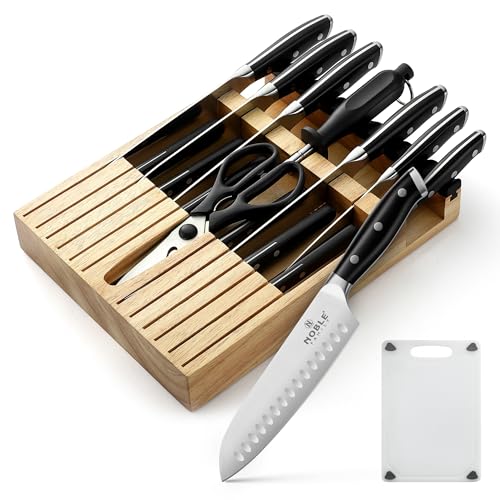Might be an oversimplified question.
First, many diamond plates have ANSI grit ratings that will not be the same as a JIS rating so the grit number alone isn't a solid comparison.
Second, I would personally say, that in the most basic terms, diamond is likely somewhat faster at the specific step. But, diamonds can and often do, leave some harsh scratches and a rougher edge and that can lead to more time on stones later.
Steel type, task, desired results can all be factors as well. For example, white #1 might thin out quickly on a basic ceramic stone. Maybe it thins a little faster on a diamond, but that be a very small amount of time. On the other hand, some high carbide steels will respond much better to diamonds and show a significant difference compared to standard water stones.
Do you have something specific in mind?
























